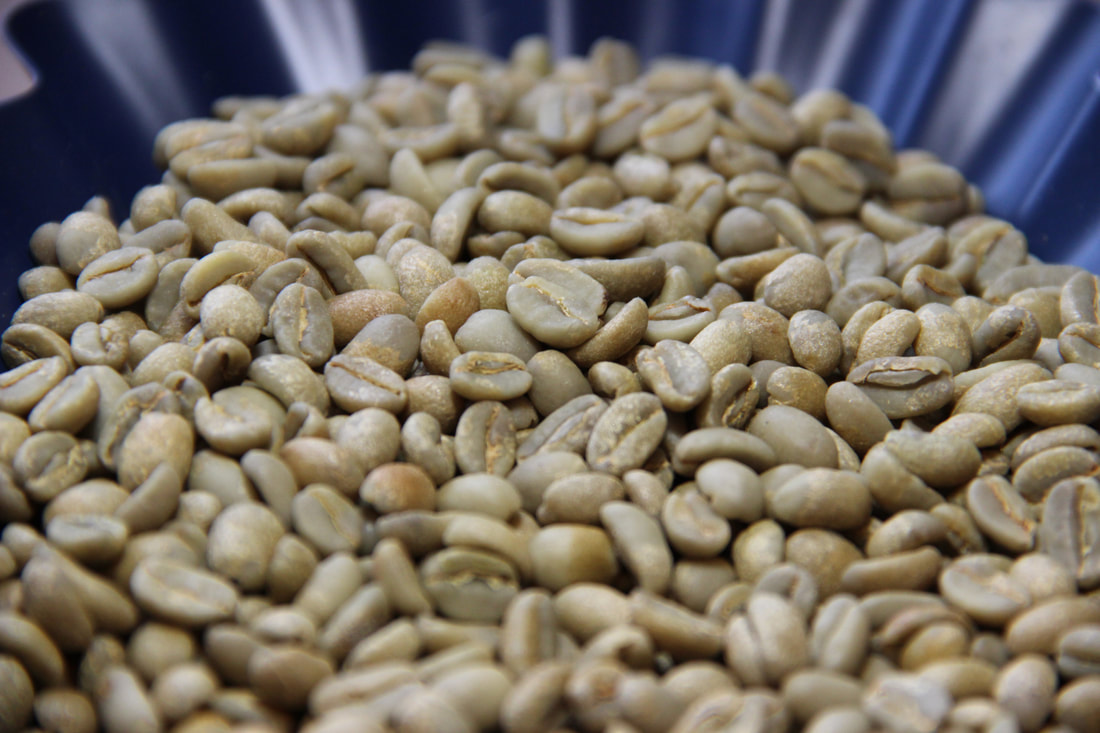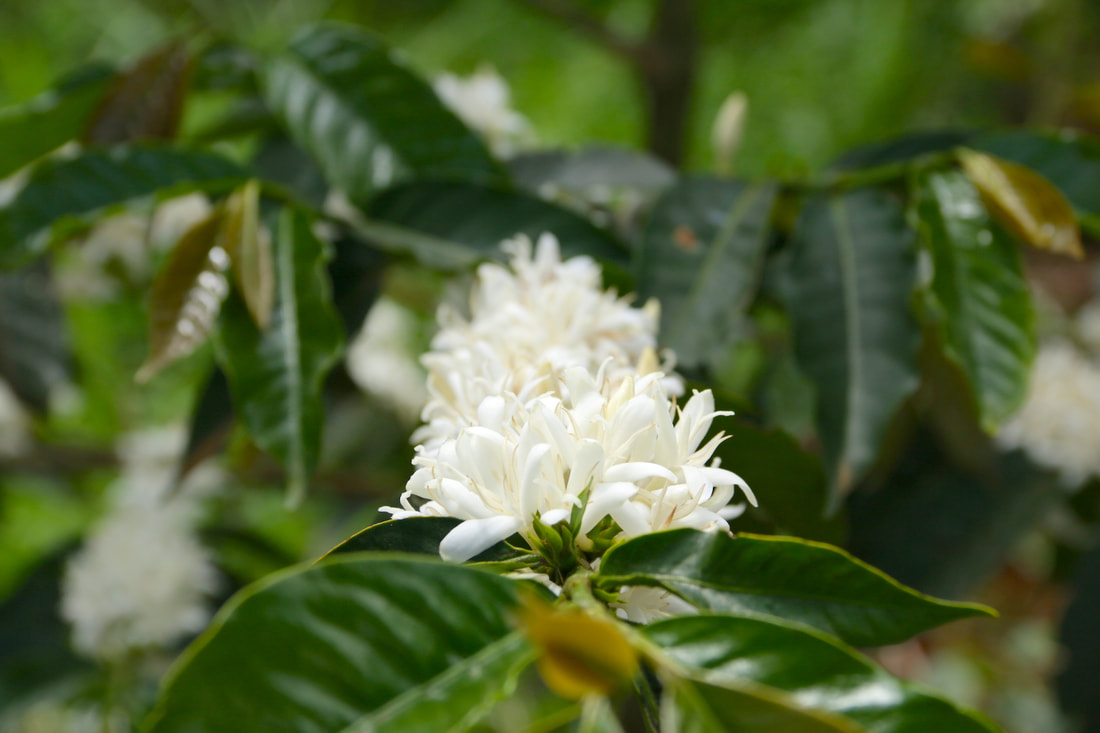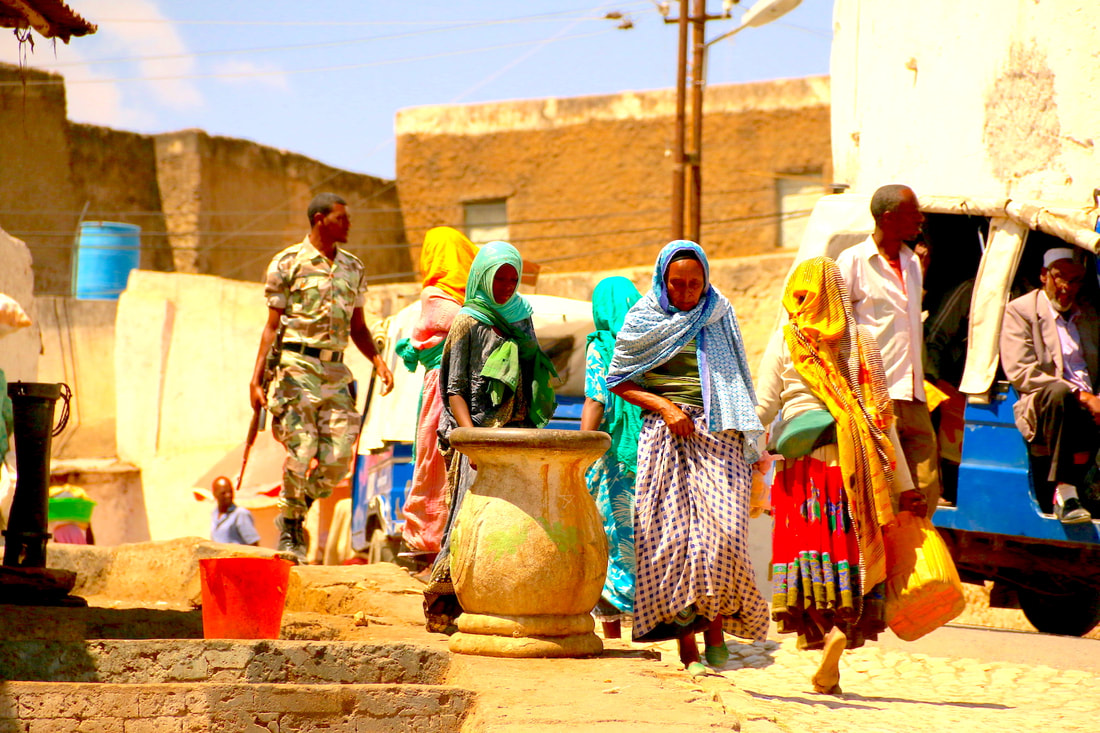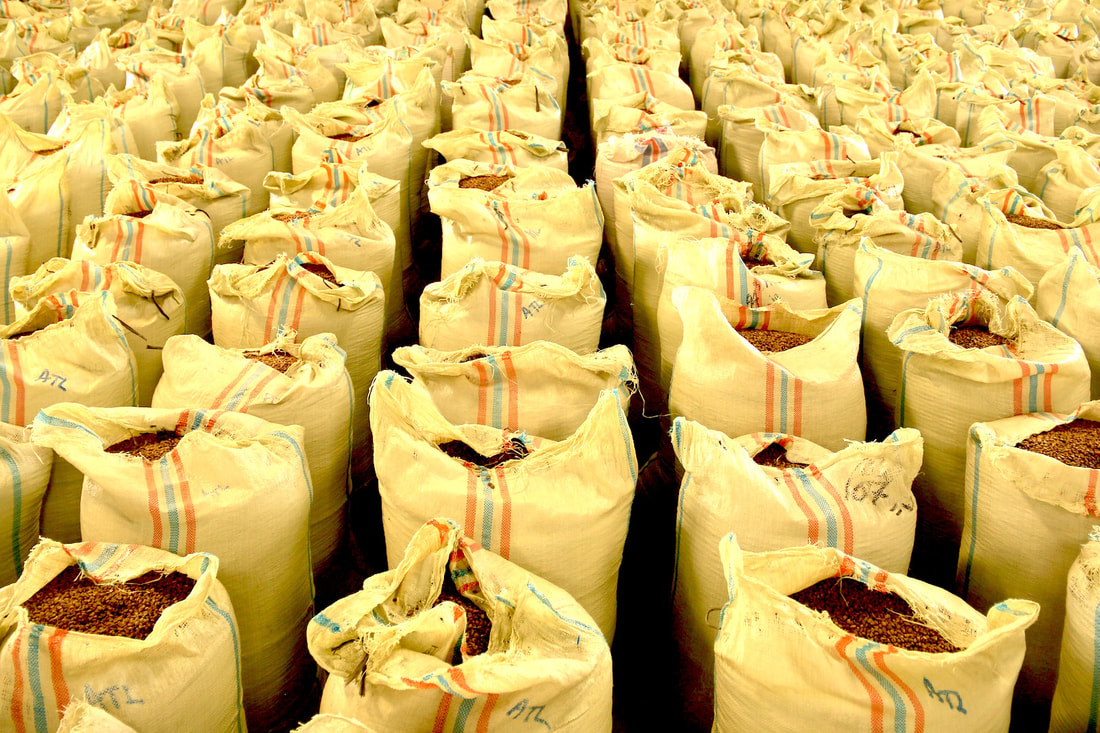What should you keep in mind to start developing your own killer roasting profile for natural coffees?
During the washing process, there are many more opportunities for selection and grading than in the natural process. Although, lately in origins such as Ethiopia and Burundi, where there are cooperatives focusing on quality, they have begun to introduce hand selection and flotation grading, prior to the drying of the cherries on patios or African beds.






 RSS Feed
RSS Feed